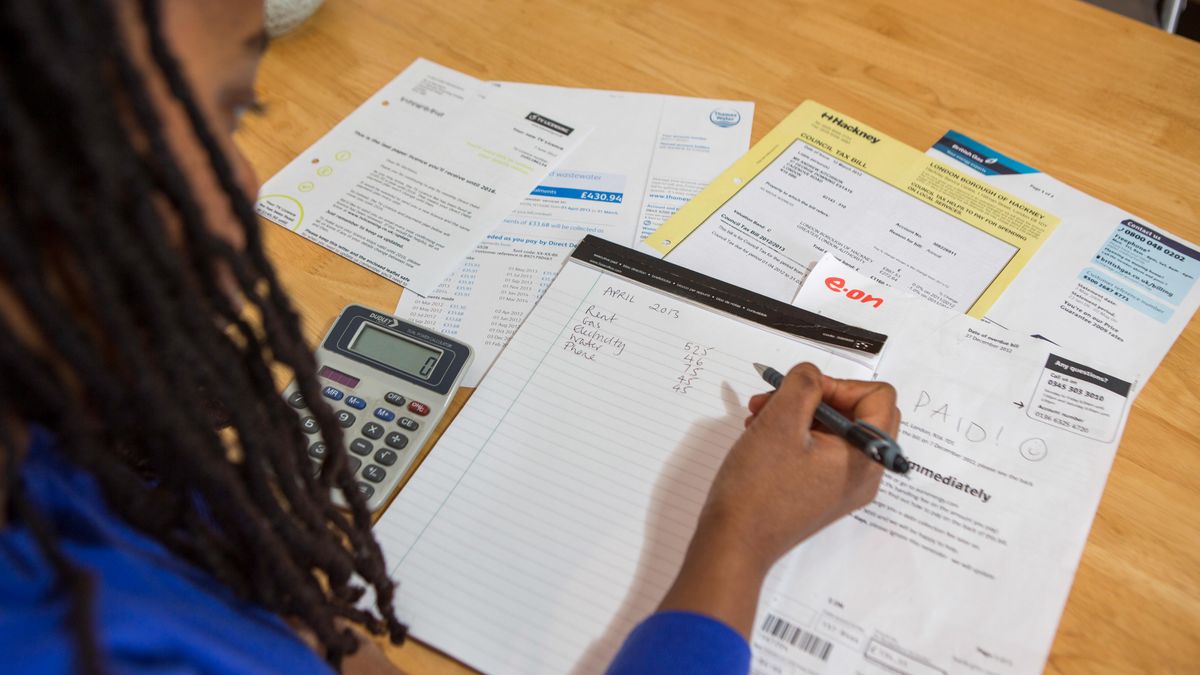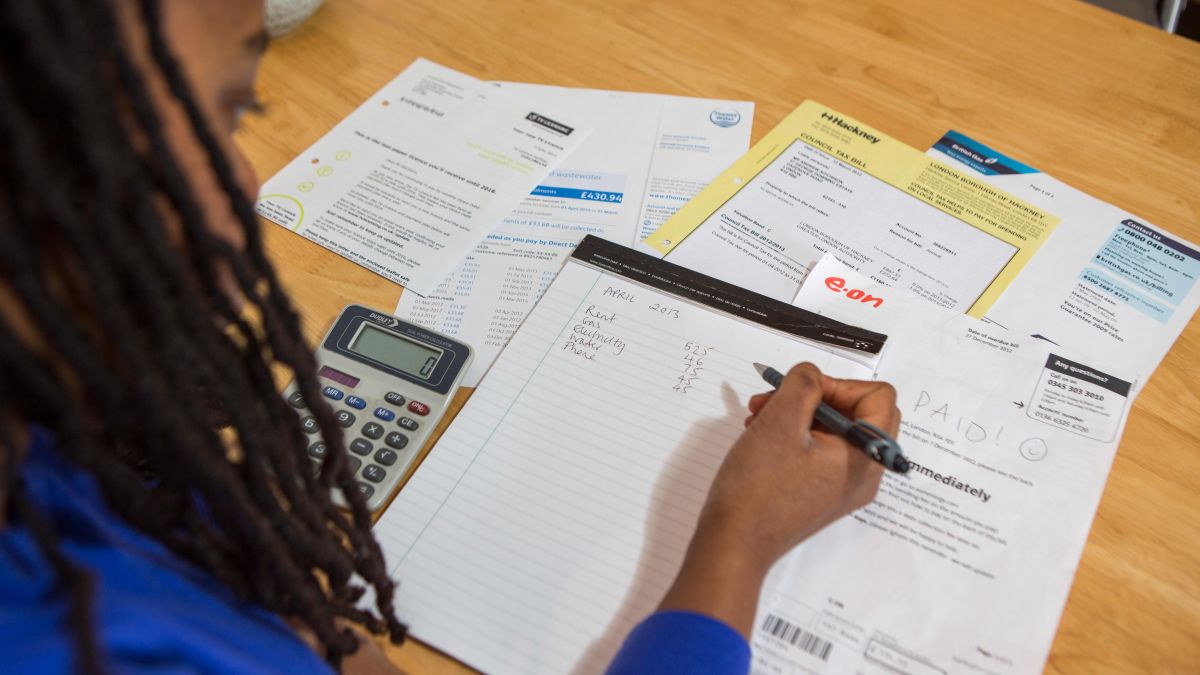
In a recent YouTube video, Martin Lewis has revealed three ‘urgent’ tips that UK consumers can use to help reduce their energy bills, before April’s new price cap.
The current energy crisis and the conflict in Ukraine have continued to push up energy prices, and in only a few weeks’ time, millions of UK households on standard variable tariffs will see their bills rising by 54%. What’s more, many experts are also predicting that our energy bills will rise even further with October’s price cap, to upwards of £3,000 a year.
This is also made more difficult by the fact that running an energy comparison service right now isn’t an option. This is because the price cap tariff currently can’t be bettered, even by the best energy deals from the UK’s best energy suppliers.
As such, any means of keeping costs down will be welcome news for many. Martin Lewis himself summed up the dire situation we are facing in his video, stating:
“There are lots of people out there that can afford the increase and won’t like it, but there are also millions of people who will be thrown into fuel poverty, who will get close to having that choice between heating and eating.”
So ahead of April 1, here are three approaches that Martin Lewis believes could help:
Try and ‘stockpile’ your energy if you’re on a prepayment meter
Those on older prepayment meters may be able to ‘stockpile’ energy on the current cheaper rates, by topping them up now before the price hike. However, this won’t work for households with smart prepayment meters.
He said: “For those of you on prepayment meters, specifically non-smart prepay meters – if you’re on a smart prepay, this won’t help. The regulator Ofgem has confirmed to me that you get the rate on the day you top up, not when you use energy.
“Now, that means if you max out your top-up in March before the rate goes up, that’s what you’ll get, even if you then use that energy in April.
“So you can extend the cheap rate we have now for longer by maxing your top-up if you can afford it – and I know not everybody on prepay can.”
He also confirmed that this should work with all leading energy suppliers, apart from Scottish Power.
Submit your meter readings now if you pay by direct debit
Martin Lewis recommends that those who pay for their energy by direct debit should submit a meter reading now and another on March 31. This will ensure households have an accurate bill ahead of the April price increase, but moreover, it’ll make sure the energy that’s used before this date is on the cheaper rate.
He said: “If you’re on direct debit, I’m afraid there’s no similar system for you. If you artificially inflate your direct debit in March, that’s fraud, you can’t do it.
“But I would suggest you do a meter reading today and diarise to do a meter reading on 31 March, so you draw a line and tell the energy company all this energy I’ve used should be at the cheap rate.”
If you’re eligible, claim your council tax rebate
The government’s £150 council tax rebate for every property in bands A, B, C or D in England, Scotland and Wales, will be available for consumers to claim from April.
Martin Lewis’ advice here is to apply for this as soon as possible to help soften the blow of the rising energy costs.
He added: “If you don’t set the direct debits up, then keep an eye out for a letter from the council, because each council will tell you its claim system and you need to watch for that.
“If you’re not eligible for the £150, say, because you’re in a higher band, then there is a discretionary £140 million fund being set up to help those who are struggling.
“It will be up to each council to decide how it distributes it, but be ready to claim that. I hope this helps.”
Other considerations
Any homeowners who are looking for other ways to cut their energy costs may also want to consider these support options we’ve previously detailed here. These include a number of discount schemes, as well as advice on how to reduce your consumption and deal with your energy supplier.
